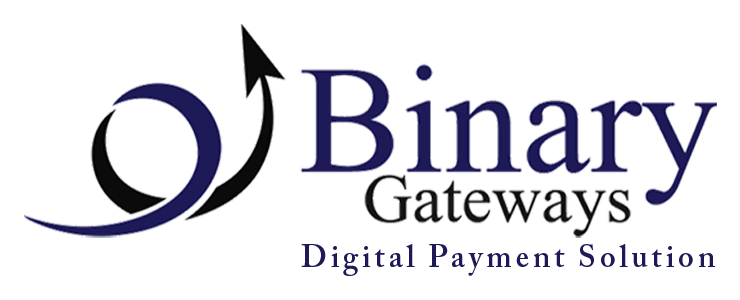
Frequently Asked Questions
This is a list of answers to our most inquired about topics. If you don’t see an answer to your question, please do not hesitate to reach out.

Frequently Asked Questions
Instead of a voided check please reach out to your local banker and ask for a bank letter with the following:
- Letter should be on bank letterhead or form
- Full name on account (company name if it’s a business account)
- Full routing number
- Full account number
- Signed and stamped by banker (include the banker’s business card if unstamped)
If you can’t obtain a bank letter, inquire if your banker can pre-print a voided check for you. Ensure the check has the company name pre-printed and confirm your full name is printed if it is a sole proprietorship. If they cannot do that, check to see if they have a starter check verification form that they can fill out. The corporate form needs to contain the full account number, full routing number, and account holder’s name/company name.
Since your business is new, you can submit 3 month’s worth of personal statements in lieu of company statements. Please access your online banking and download 3 individual month-end statements. They need to be the most recent 3 months.
Bank statements are required by all banks for underwriting. Bank statements show many things about a prospective merchant. First, a bank will look to see if there is prior processing (this would be reflected as deposits on your account). Prior processing is perfectly acceptable, however, from a risk perspective, banks want to review all statements in order to analyze any refunds or chargebacks. Second, the bank wants to see the average ending balance as they want to ensure you can pay all the monthly fees. This will also help substantiate the requested monthly volume.
No. If you have current processing accounts at other places it will not affect your chances of approval unless your chargeback rate is exponentially high.
This answer can vary based on the speed in which we receive all the required documents. If much of the time is spent waiting for due diligence material from your end, it will delay the approval times. We can often get deals approved in 48 hours, however, this timeframe can extend depending on stipulations related to your account.
Don’t let this term scare you. It simply means that your product or service doesn’t conform to the credit policy of your previous processor’s sponsoring bank. Most processors work with conventional (or tier one) banks. These banks focus on retail card-present transactions, and anything that falls outside of that is considered high risk. Each and every bank differs slightly on the types of industries allowed within their credit policy.
When we apply we need to request a monthly volume in total gross credit card sales expected/needed per month. Remember, this number can be increased on an as needed basis. The bank will not offer an unlimited credit facility to merchants, they try to gauge what you need and then grow with you. They need to use that credit facility for other merchants.
We recommend either $5,000 per month or $10,000 per month to start. You don’t need to process the full amount, you just simply can’t go over it.
Think of it like a speeding ticket, you can go over slightly but if you fly by there are repercussions. The charges will go through however, the excess funds could be held for a short period of time. This is why it’s important to add a little buffer when requesting the monthly volume from the get go.
After 3 months of healthy processing (little or no chargebacks) we can request a volume increase. You may or may not need to submit updated bank statements. If business continues to grow we can continue to request volume increases every three months. Our trained account representatives are very knowledgeable and will handle the volume requests for you.
The bank needs to access the risk associated with each account as they are the ones that will be funding you when you accept payment. Think about it this way, when a customer uses a card you (as the merchant) get paid instantly regardless of whether the customer paid down their card bill. The sponsoring bank is the one that pays you the money right away in hopes that there aren’t any issues with the transaction. The bank is the one taking a risk on your transactions.
An average ticket is the average transaction amount that will be charged per occurrence.
A high ticket is the largest single transaction you anticipate having on a monthly basis.
Put your first and last name as it appears on your government issued identification.
If you are applying as a legal business entity like an LLC or Corporation, the banks need to make deposits into a business checking account with the same name. Therefore, they require a business checking account on file. If you are applying as a corporation and don’t have a business checking account you need to open one to receive deposits.
While you are applying for a merchant account the banks want to see a chargeback ratio under 3%. If you are already processing with the bank and have a long-standing history they will be more forgiving. If you exceed the chargeback threshold in any given month you run the risk of termination.